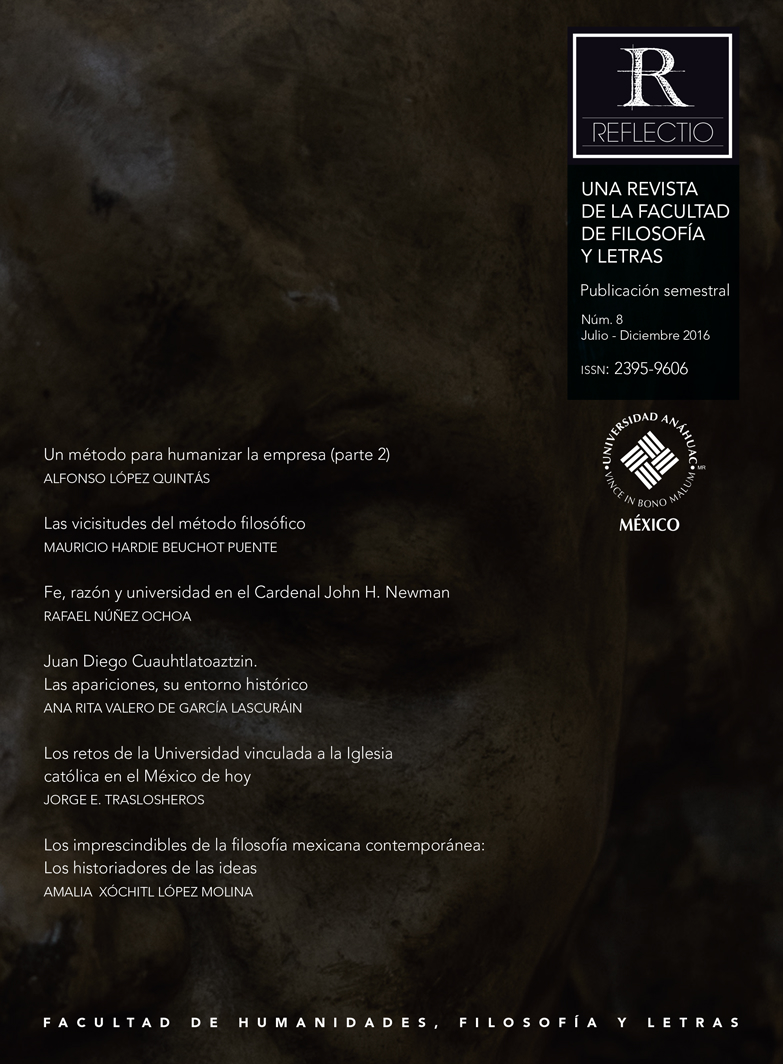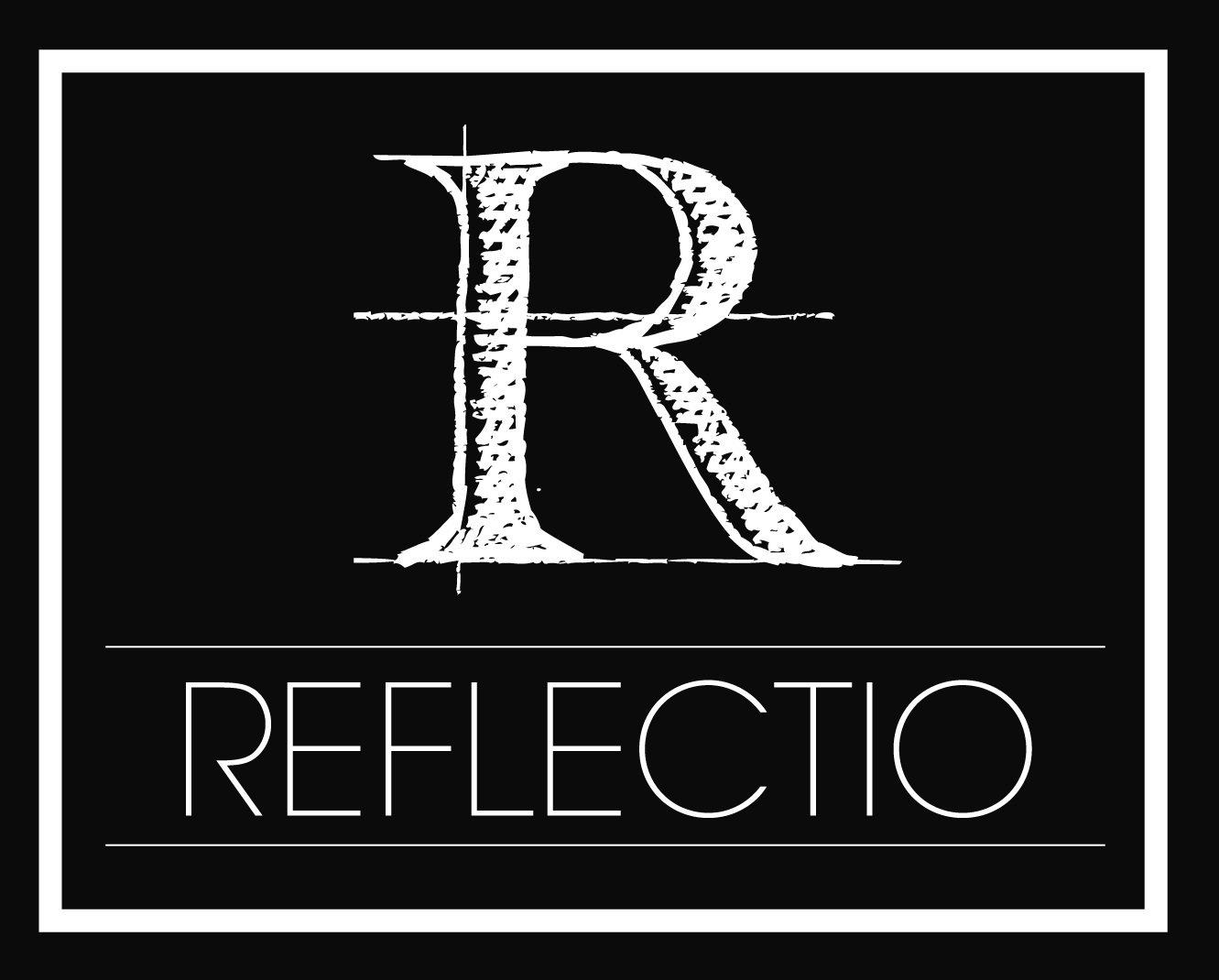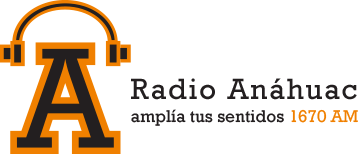LAS VICISITUDES DEL MÉTODO FILOSÓFICO
Abstract
This article tries to expose the different lines of force in the philosophical method. Some times has prevailed the pure Logic, relegating Metaphysics. This has occurred, for instance, with Peter Abelard and Ockham. Other times has done this the mystic or theology, as with Saint Peter Damiani, against the dialecticians, like Berengar and Saint Anselm. In other occasions the method provided for Philosophy has been that of Mathematics, with rationalists like Descartes, Pascal, Spinoza and Wolff. Or that of Physics, in the empiricism of Bacon, Locke, Berkeley and Hume. This situation has occurred recently with Positivism. In the other hand, Romantics have exaggerated Hermeneutics and Idealists have used only the internal coherence, rejecting the external world. However, philosophical method vindicates the fact that it must be Logic with Metaphysics, for in this way is provided matter for the form of reason, that it needs for its reflection. This is what is desirable nowadays, and philosophical history provides us the teacher that indicates us what we must avoid. It is the lesson we must learn. This will enable us to recover the authentic philosophy. This will be provided for us by the concept of analogy applied to philosophy, as happened in several moments of its history, mainly with Saint Thomas Aquinas, Leibniz and Kant. Such equilibrium between Logic and Metaphysics is that will save Philosophy.
References
Beuchot, Mauricio. “Hume y el principio de causalidad.” Humanidades, No. 4 (1976).
_____ El problema de los universales. México: UNAM, 1981.
_____ “La vida y la doctrina del Maestro Eckhart.” Cuadernos Dominicanos, No. 6 (1982).
_____ “Guillermo de Ockham.” En Historia de la filosofía, editado por Laura Benítez Grobet. México: UNAM-Porrúa, 1987.
_____ “Escepticismo en la Edad Media: el caso de Nicolás de Autrecourt.” Revista Latinoamericana de Filosofía, Vol. XV, No. 3 (1989).
_____ “La materia y la substancia material en Ockham.” En El concepto de materia, Editado por Alejandro Tomasini Bassols et al., México: Colofón, 1992.
_____ “Filosofía y hermenéutica en San Buenaventura de Bagnoregio.” En Palabras, poetas e imágenes de Italia, editado por Franca Bizzoni y María Pía Lamberti. México: UNAM, 1997.
_____ “La influencia del nominalismo escolástico en René Descartes. El problema de los universales como inicio de la ciencia.” En Scientia, fides et sapientia. Escritos dedicados a Gustavo Eloy Ponferrada, editado por Gabriel Delgado y Mario Enrique Sacchi. Buenos Aires: UCALP, 2002. También en Descartes vivo. Ejercicios de hermenéutica cartesiana, coordinado por Juan Carlos Moreno Romo.
Barcelona: Ánthropos, 2007.
_____ “Nicholas of Autrecourt.” En A Companion to Philosophy in the Middle Ages, editado por Jorge J. E. Gracia y Timothy B. Noone. Malden MA: Blackwell Publishing Co., 2003.
Cassirer, Ernst. Kant, vida y doctrina, México: FCE, 1974.
Forment, Eudaldo. “El problema del ‘cogito’ en San Agustín.” Avgvstinvs, 39 (1989).
Gilson, Étienne. La unidad de la experiencia filosófica. Madrid: Rialp, 1966.
Mackie, John Leslie. Problemas en torno a Locke. México: UNAM, 1988.
Rashdall, Hastings. “Nicholas of Ultracuria, a Medieval Hume.” Proceedings of the Aristotelian Society, No. 8 (1907).
Downloads
Published
Issue
Section
License

This work is licensed under a Creative Commons Attribution-NonCommercial-NoDerivatives 4.0 International License.
Reflectio is distributed under a Creative Commons License Atribución-NoComercial-CompartirIgual 4.0 Internacional.
The author keeps the property rights with no restriction whatsoever and guarantees the magazine the right to be the first publication of the work. The author is free to deposit the published version in any other medium, such as an institutional archive or on his own website.















